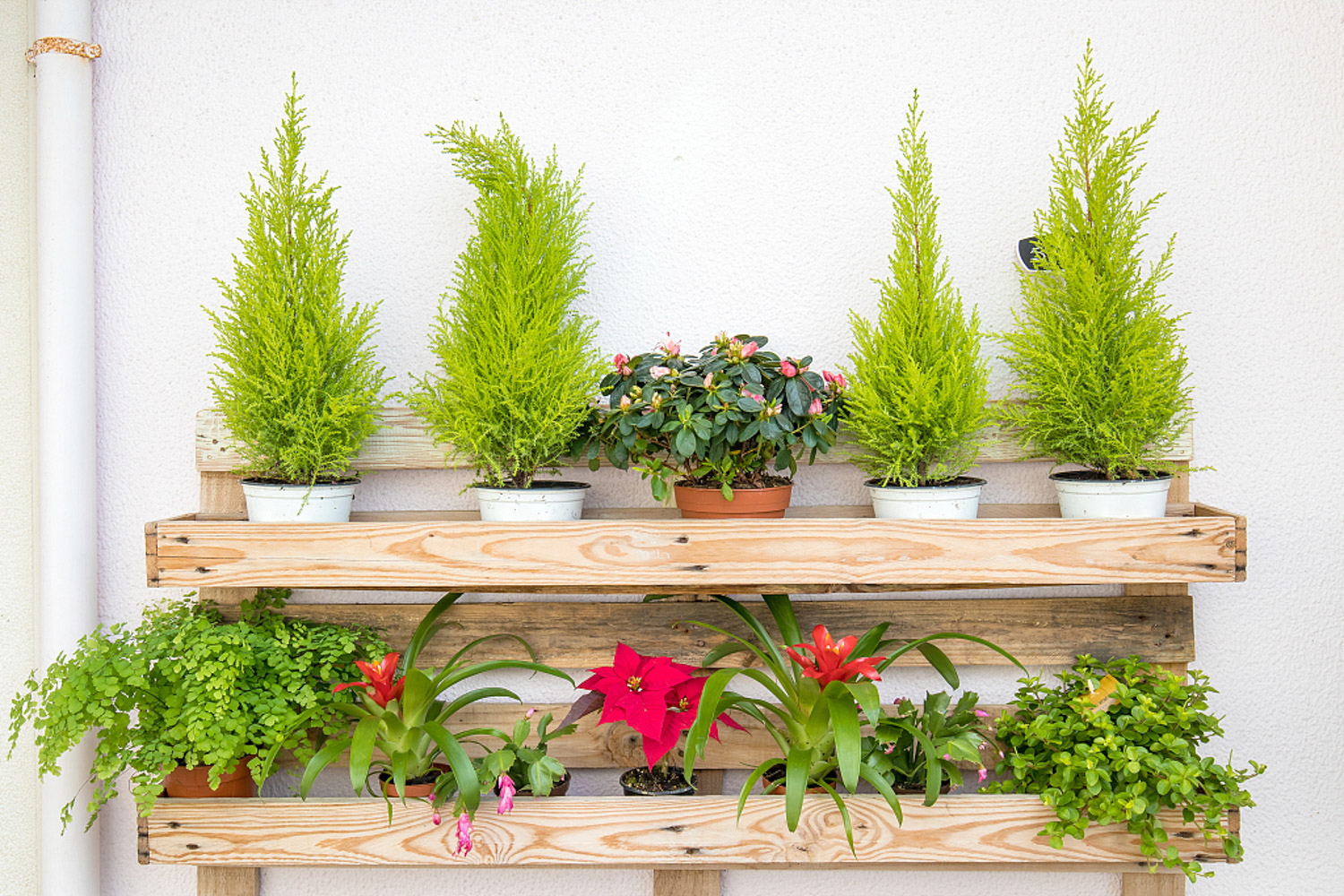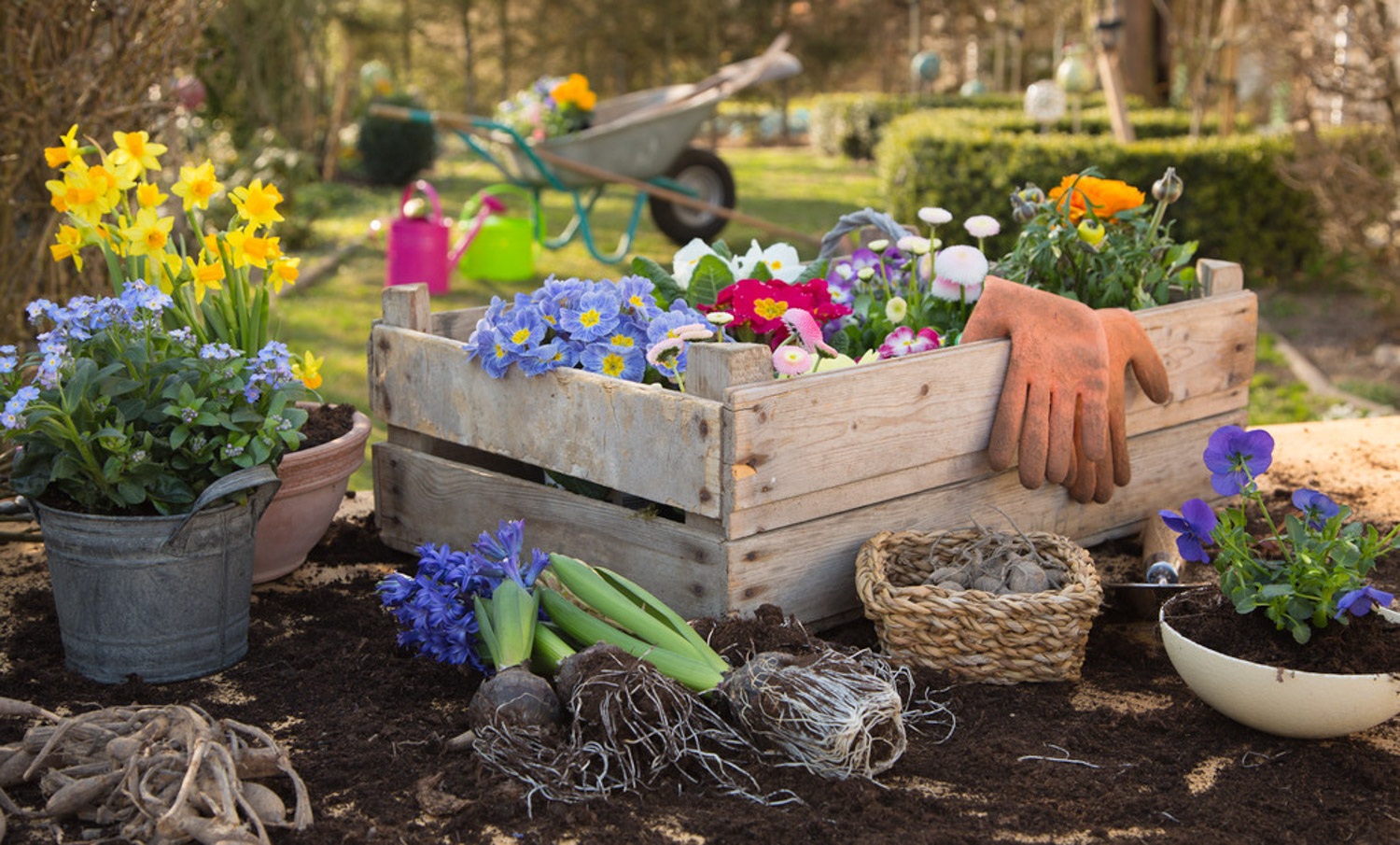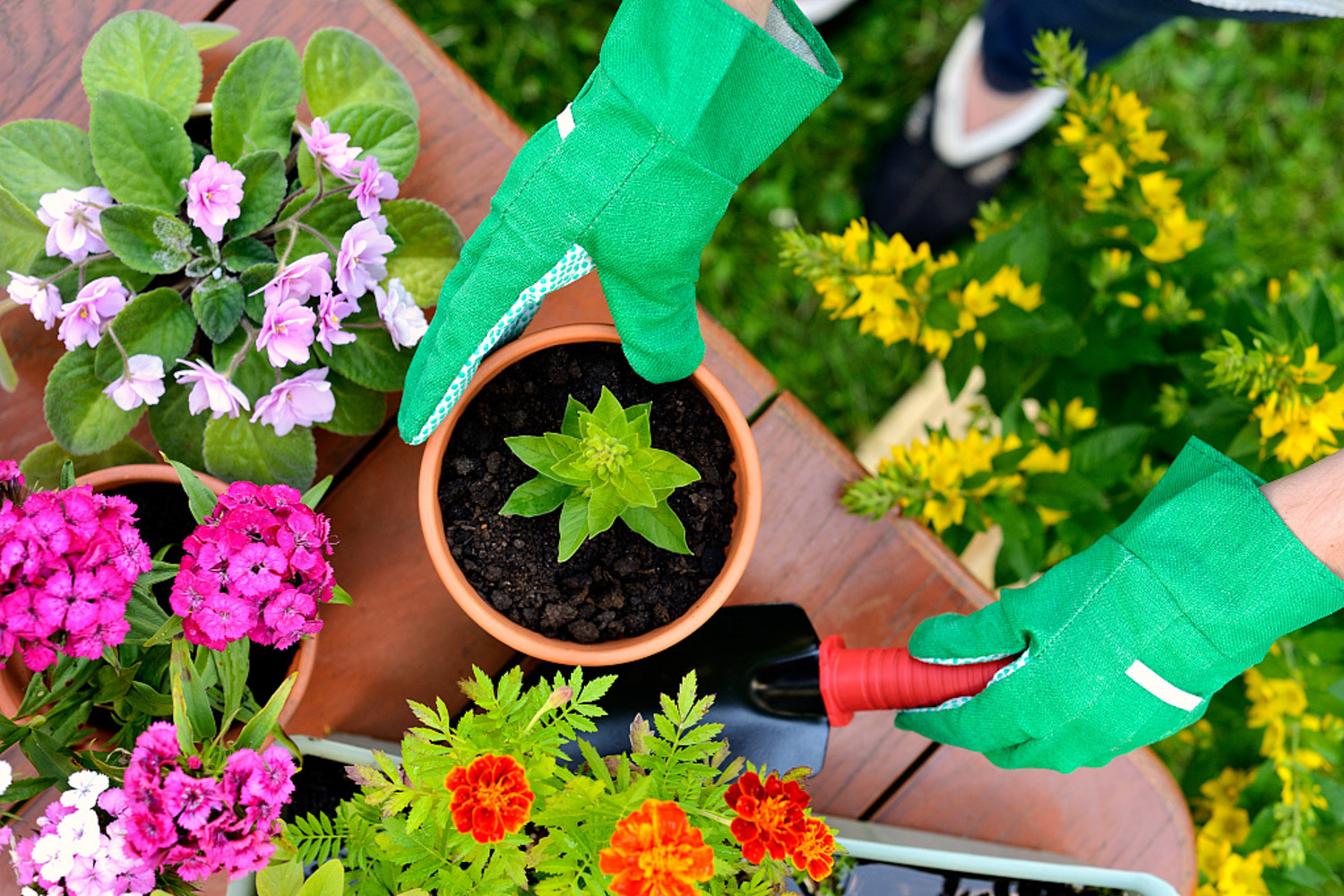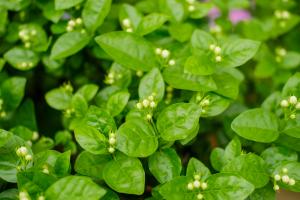1、 Curing method
1. Temperature: its distribution area is mainly in the tropics. It can also be seen that it has high requirements for temperature. Specifically, it can grow between 10 and 36 degrees, but higher temperatures will help its growth. However, it should not exceed 40 degrees. Pay special attention in winter, not less than 10 degrees

2. Light: areca nut is a kind of positive plant, and the requirement for sunshine is very high. Usually, it should be exposed to more sunlight. If it is in a very dark place for a long time, it will lead to its weak growth and easy to get sick

3. Watering: betel nut likes high humidity environment. Generally speaking, it will be distributed where the annual rainfall is 1700-2000mm. Therefore, if it is a very dry season, it is necessary to replenish water in time and spray water at the same time

4. Fertilization: Generally speaking, betel nut does not need much fertilizer, and base fertilizer is relatively important. After topdressing, apply proper amount

2、 Breeding skills
1. Reproduction: sowing can be adopted. It is best to choose the seeds produced by plants over 20 years old. The specific sowing season can be in May or June, because the temperature is relatively suitable. Seeds need to be sprouted before sowing. The row spacing can be about three centimeters. In addition, after sowing, it has to be covered with about five centimeters of soil. After about 25 to 30 days, it will sprout

2. Weeding: This is an important step. After the areca nut survives, the shrubs shall be cut down in time. In addition, many weeds often appear in the field, affecting the growth of plants. Therefore, weed regularly. Generally speaking, twice a year is enough

3、 Problem diagnosis and treatment
1. Diseases: usually, betel nut may get many diseases, such as "leaf spot disease", "leaf blight" and "yellowing disease". Targeted prevention and treatment can be carried out according to different types of diseases

2. Insect pests: there are many kinds, such as "leaf cicada", "coconut heart leaf beetle", "whitefly", etc. Similarly, different methods can be adopted according to different types

4、 Other issues
1. Toxicity: betel nut is not poisonous, but it will be irritating to the mouth and stomach, so you can't eat more

2. Whether it can be raised at home: because it is relatively tall, it is generally not raised at home< a>


 how many times do yo...
how many times do yo... how many planted tre...
how many planted tre... how many pine trees ...
how many pine trees ... how many pecan trees...
how many pecan trees... how many plants comp...
how many plants comp... how many plants can ...
how many plants can ... how many plants and ...
how many plants and ... how many pepper plan...
how many pepper plan...






























